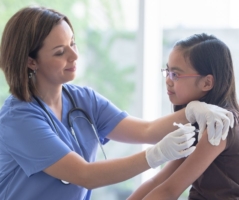
COVID -19 Vaccine for Children
The American Academy of Pediatrics, the FDA, and the CDC are recommending COVID-19 vaccines for children ages 5-11. Research studies have shown the risk of complications from a viral infection, especiallyRead More

The American Academy of Pediatrics, the FDA, and the CDC are recommending COVID-19 vaccines for children ages 5-11. Research studies have shown the risk of complications from a viral infection, especiallyRead More
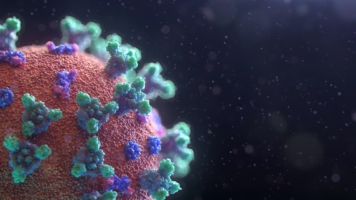
As part of the COVID-19 Vaccine Confidence efforts by CDC/NIOSH and Total Worker Health, AgriSafe staff worked on an IPA project directed at agricultural communities across the country. AgriSafe’s COVID-19Read More
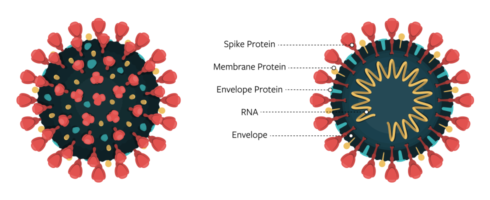
The genetic blueprint material for SARS-CoV-2 is called RNA (yellow spirals). The RNA contains information to specify the amino acids that make up the proteins, which are the actual buildingRead More
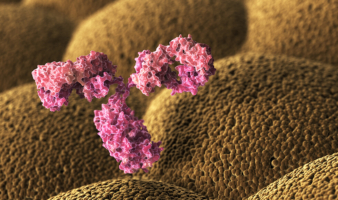
Here’s a list of health terms to help you navigate the latest COVID-19 research and updates. Efficacy: How well something, like a vaccine or treatment, works in a clinical trial.Read More

Heading back to your workplace soon? Here are some tips from the National Institutes of Health and Centers for Disease Control and Prevention (CDC) for staying safe during COVID-19. AlwaysRead More

The majority of children who get COVID-19 have mild disease. But a small percentage develop a serious complication called severe multisystem inflammatory syndrome (MIS-C). MIS-C affects the heart, lungs, kidneys,Read More

Could a child’s personality hold clues to how well they will handle stressful events as a young adult? A recent study has found early risk factors that predicted anxiety inRead More

Susan Baker, Ph.D. Though the COVID-19 vaccine is an important tool in stopping the spread of the virus, treatments are still essential to saving lives during the pandemic. National InstitutesRead More

Racial and ethnic minority communities in the U.S. are disproportionately affected by COVID-19, meaning they have been hit harder by the pandemic than other groups. That’s why the National InstitutesRead More
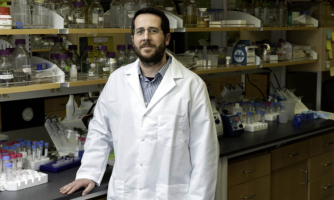
Vaccines work by teaching your body’s immune system to recognize and fight back against germs, such as a virus, that can cause serious illness. By getting vaccinated, you develop protectionRead More

Patricia Flatley Brennan, R.N., Ph.D., leads the National Library of Medicine (NLM), part of the National Institutes of Health (NIH). NLM’s hardworking experts and vast repositories of information have beenRead More
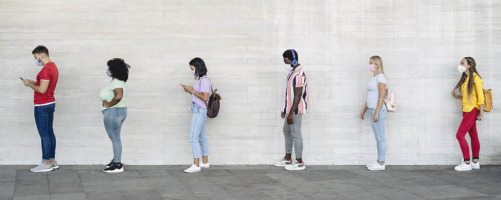
Monica Webb Hooper, Ph.D. As the U.S. continues to battle COVID-19, some communities have faced more difficulties than others. This is especially true when it comes to diagnostic testing accessRead More

Anyone who has had COVID-19 can get Long COVID, regardless of age or prior health conditions. While most people with COVID-19 recover completely, thousands of people who survived COVID-19 areRead More
Anthony S. Fauci, M.D., director of the National Institute of Allergy and Infectious Diseases (NIAID), is no stranger to pandemics or infectious diseases. He has served as NIAID’s director sinceRead More
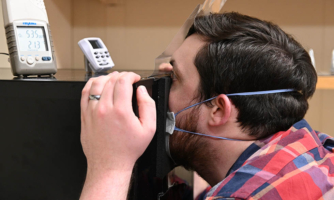
We know that when we wear a face mask, we protect ourselves and others from the virus that causes COVID-19. A new study supported by the National Institutes of HealthRead More

Since the first news of SARS-CoV-2, the virus that causes COVID-19, surfaced, the National Institutes of Health (NIH) has spearheaded research to help understand, treat, and protect people from theRead More

Welcome to the NIH MedlinePlus magazine website! Written with health consumers in mind, the magazine shares emerging research and health updates from the National Institutes of Health. I am honoredRead More

General Find COVID-19 Vaccines Near You Community-Based Testing Sites for COVID-19 National Institutes of Health (NIH) NIH COVID-19 Research COVID-19 Clinical Trials The Community Engagement Alliance Against COVID-19 Disparities NIHRead More
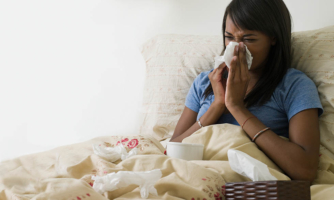
The common cold is caused by viruses in the same family as those that cause COVID-19. Now, a recent study finds that immune cells from previous cold infections may helpRead More
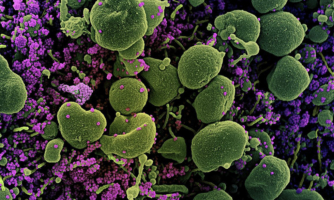
Early data from a small clinical study led by National Cancer Institute researchers found that a cancer medicine may help patients with trouble breathing caused by severe cases of COVID‑19.Read More